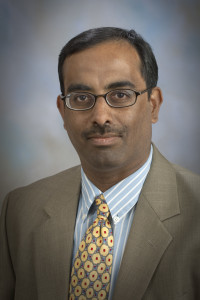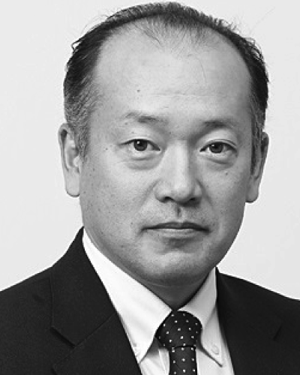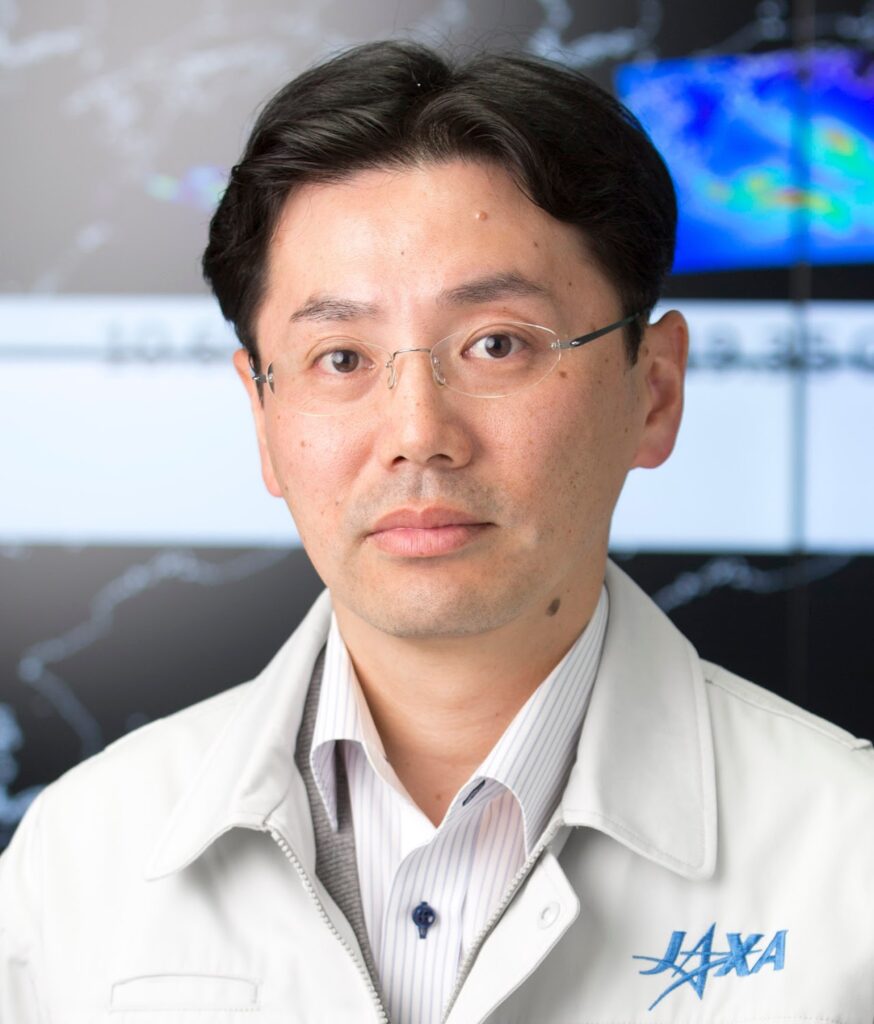Professor V. Chandrasekar, Colorado State University, USA

Prof. V. Chandrasekar has made pioneering contributions in the area of “Polarimetric Radar Observations of the Atmosphere”. Prof. Chandra has extensive experience in Radar System Design, Radar Network Development, DSP Design as well as RF Communication Systems. He has contributed significantly to the areas weather radar and applications to Atmospheric Sciences. He also conducts research on related topics including Image Processing, Neural Network Applications and Large Scale System Simulation. He has organized and participated in many large multi-agency, national level experiments involving many radars, aircraft and ground instrumentation. He is co-author of two textbooks, Polarimetric and Doppler Weather Radar (by Cambridge University Press) and Probability and Random Processes (by McGraw Hill).
He has been a PI or Co-PI on several national level programs such as the Advanced Communication Technology Satellite (ACTS) program at CSU, DARPA NGI program, the NASA TRMM and GPM mission and CSU-CHILL radar facility. He is a Co-PI and the Deputy director of the NSF Engineering Research Center , CASA ( Center for Collaborative Adaptive Sensing of the Atmosphere ), where he serves as the Research Director and provides leadership for the sensing research thrust . He has also been the Director of the prestigious and long-standing Research Experience for Undergraduate Program at Colorado State University. He was elected Fellow of IEEE , The American Meteorological Society and CIRA in recognition of his contributions to “Quantitative Remote Sensing”. He is a member of the National Academy of Sciences panel on “Future Radar Systems beyond NEXRAD “ as well as the panel to assess “NEXRAD Flash Flood Forecasting Capabilities at Sulphur Mountain, California”. He has served as a visiting professor at the National research Council of Italy, as well as Distinguished Visiting Scientist at the NASA Goddard Space Flight Center. He has won numerous awards including, the NASA Technical innovation Award , 2002, Cermack Outstanding Advisor Award, 2001, Abell Outstanding Researcher Award, 2001, Distinguished Minority Service Award , 1999, Deans Council Award for Excellence in Teaching and Research, 1996, Halliburton Foundation Young Faculty Research Excellence Award, 1993, Vaisala Distinguished fellow and Abell Outstanding Research and Graduate Program Award, 2004.
Professor Tomoo Ushio, Osaka University, Japan

Professor Tomoo Ushio
Prof. Tomoo Ushio (Senior Member, IEEE) received the B.S., M.S., and Ph.D. degrees in electrical engineering from Osaka University, Suita, Japan, in 1993, 1995, and 1998, respectively.,He was with the Global Hydrology and Climate Center, Huntsville, AL, USA, as a Post-Doctoral Researcher, from 1998 to 2000. In 2000, he joined the Department of Aerospace Engineering, Osaka Prefecture University, Sakai, Japan, as an Assistant Professor. In 2006, he joined the Division of Electrical, Electronic and Information Engineering, Osaka University, as an Associate Professor, where he has been a Professor since 2019. In 2017, he joined the Department of Aeronautics and Astronautics, Tokyo Metropolitan University, Tokyo, Japan, as a Professor. His research specialties are radar-based remote sensing, passive and active remote sensing of atmosphere from space-borne platforms, and atmospheric electricity.
Dr. Takuji Kubota, Japan Aerospace Exploration Agency, Japan

Dr. Takuji Kubota
Dr. Takuji Kubota is a Senior Researcher of the Earth Observation Research Center in Japan Aerospace Exploration Agency (JAXA), and the JAXA GPM Program Scientist and the JAXA EarthCARE Mission Scientist. He was with Disaster Prevention Research Institute, Kyoto University, Kyoto, Japan, from 2004 to 2005, and with Japanese Science Technology Agency from 2005 to 2007. Since 2007, he has been with the JAXA, Tsukuba, Japan. His current research interests are in algorithm development for spaceborne radar and microwave radiometers for the TRMM, GPM, GSMaP, and EarthCARE missions. Dr. Kubota was the recipient of Prizes for Science and Technology in the Commendation for Science and Technology by the Minister of Education, Culture, Sports, Science and Technology in 2016, and the Gambo Tatehira Award by the Meteorological Society of Japan in 2019.
